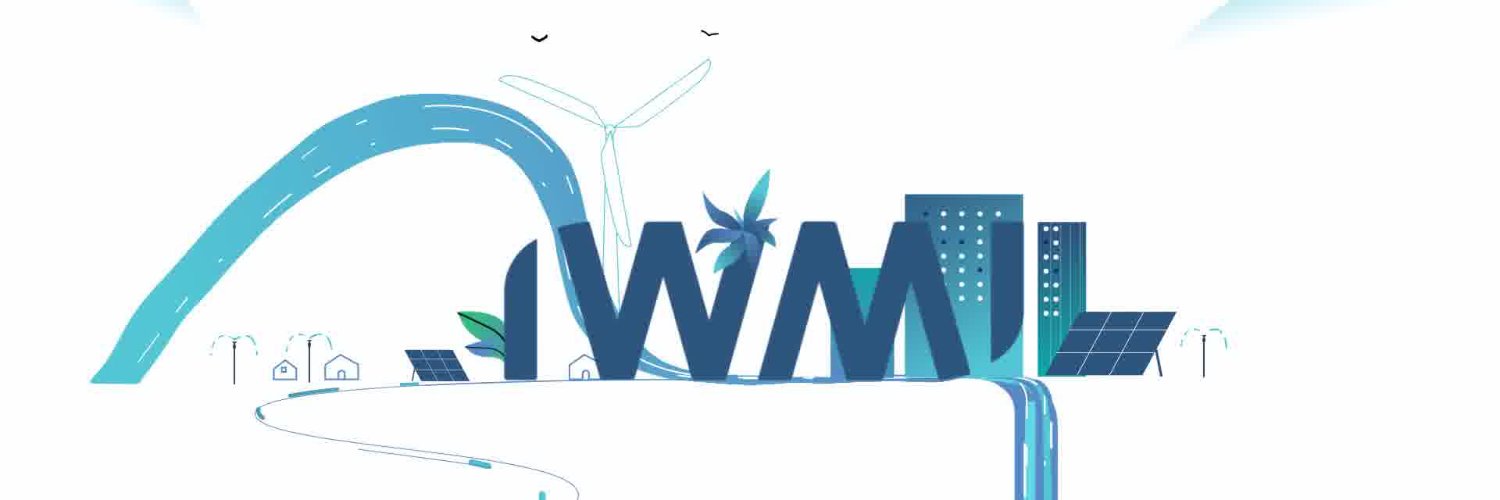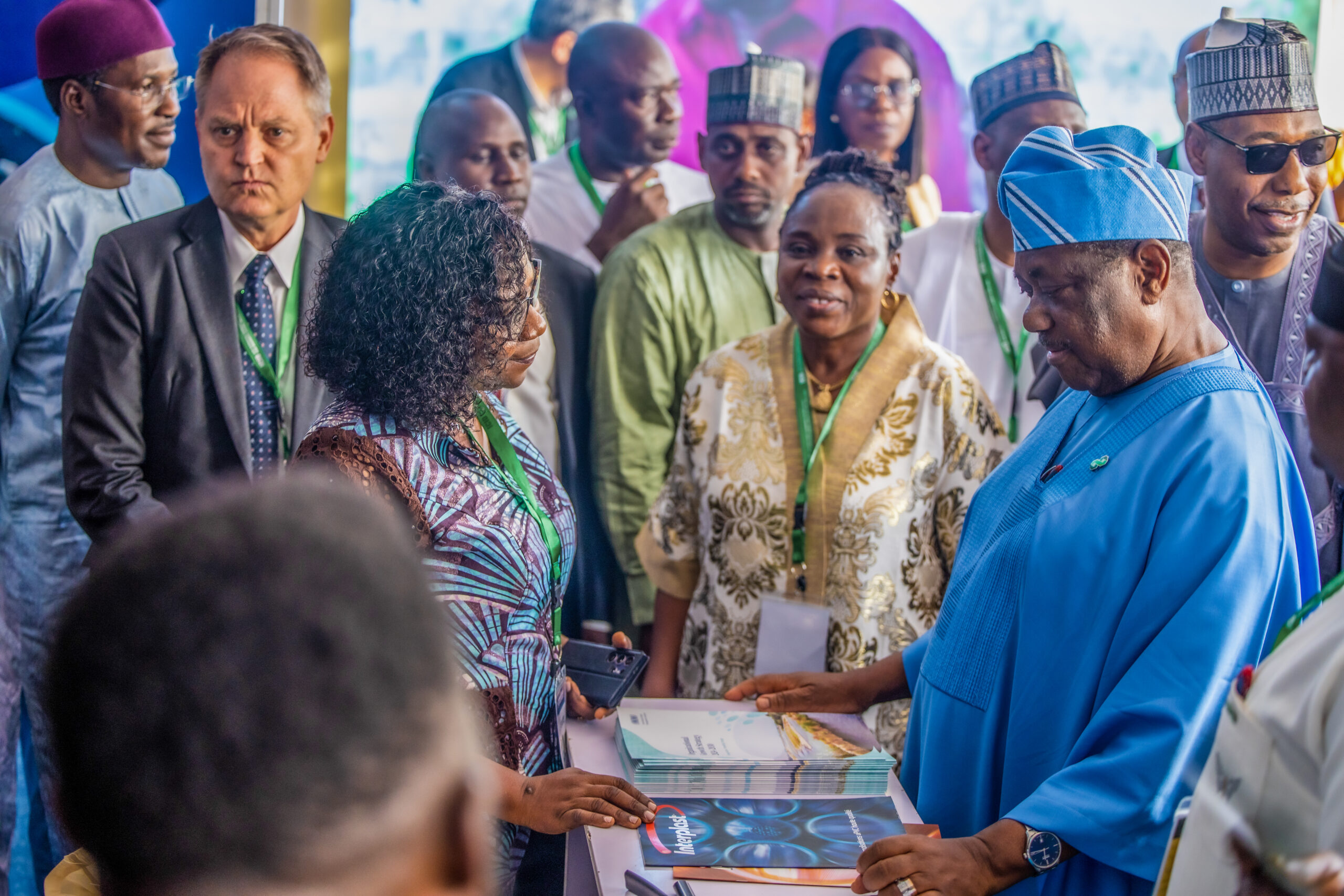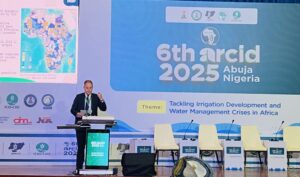IWMI launches platform to boost farmer-led irrigation in Nigeria
By Tosin Kolade
The International Water Management Institute (IWMI) has launched a Multi-Stakeholder Platform on Farmer-led Irrigation Development (MSD-FLID) to enhance food security and livelihoods in Nigeria.
The initiative was launched in partnership with the Federal Ministry of Water Resources and Sanitation, the Federal Ministry of Agriculture and Food Security, the Bank of Agriculture, and other stakeholders.
It aims to improve coordination and accelerate the scaling up of farmer-led irrigation.
IWMI said the platform would bring together stakeholders to strengthen collaboration, set priorities, mobilise investments, and promote innovative solutions, including solar-powered irrigation.
Dr Olufunke Cofie, IWMI’s Africa Director for Research Impact, said in a statement on Saturday that FLID is critical to transforming Africa’s agri-food systems and building resilience.
She noted that Nigeria has significant potential for farmer-led irrigation, but adoption is slowed by weak coordination, policy gaps, and limited access to finance.
Mrs Esther Oluniyi, Director of Irrigation and Drainage at the Federal Ministry of Water Resources and Sanitation, stressed the importance of partnerships in transforming Nigeria’s irrigation sector.
Similarly, the Managing Director of the Bank of Agriculture, Mr Ayo Sotinrin, reaffirmed the bank’s commitment to supporting FLID through tailored financing products, solar irrigation schemes, and strategic partnerships.
Participants at the launch identified challenges, including limited access to technology, finance, and extension services.
They also highlighted opportunities in solar irrigation innovations, decision support tools, and farmer advisory platforms.
IWMI said the platform would host quarterly dialogues to track progress and support Nigeria’s national agenda on food security and agricultural transformation.
The institute added that scaling up FLID would require innovative financing, wider adoption of efficient technologies, capacity strengthening for farmers, and a cohesive enabling environment for collaboration.
According to IWMI, the platform will serve as a hub for research, innovation, and policy engagement to unlock irrigation development and strengthen resilience for Nigerian smallholder farmers. (NAN)
Edited by Abiemwense Moru





 He emphasised the importance of focusing on practical, inclusive, and climate-smart solutions.
He emphasised the importance of focusing on practical, inclusive, and climate-smart solutions.  Cofie highlighted IWMI’s role in developing Nigeria’s flood early warning and anticipatory response system, known as the AWARE platform.
Cofie highlighted IWMI’s role in developing Nigeria’s flood early warning and anticipatory response system, known as the AWARE platform. 